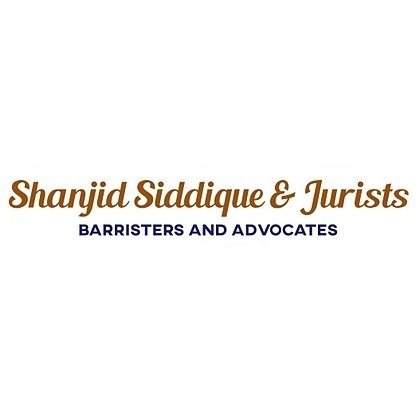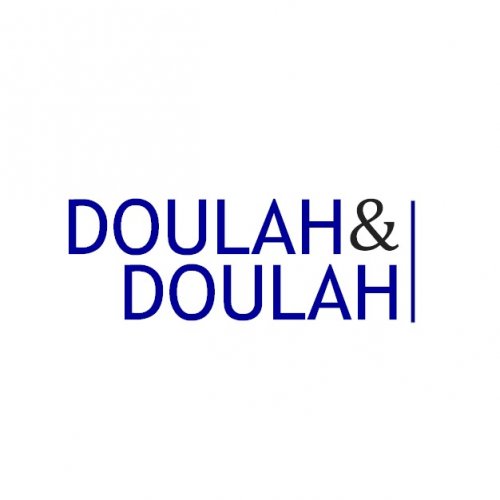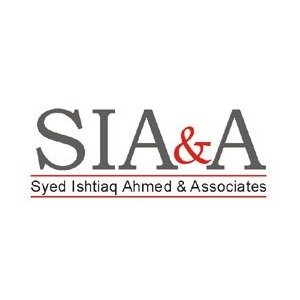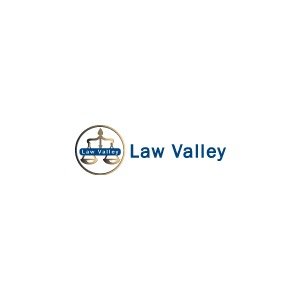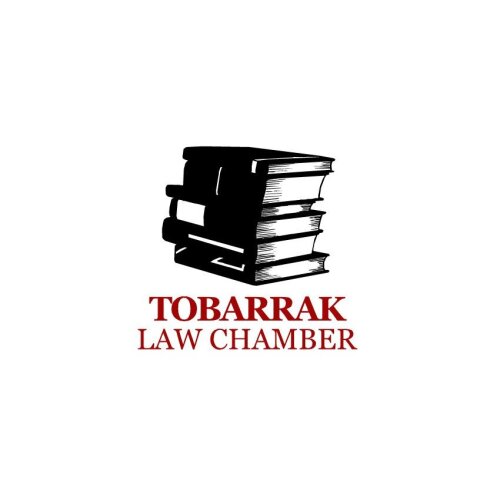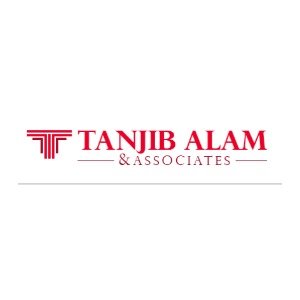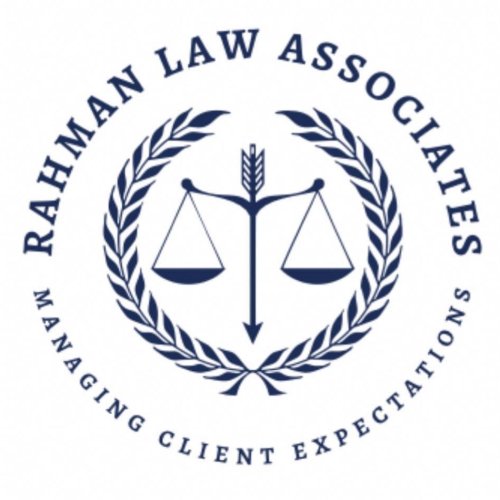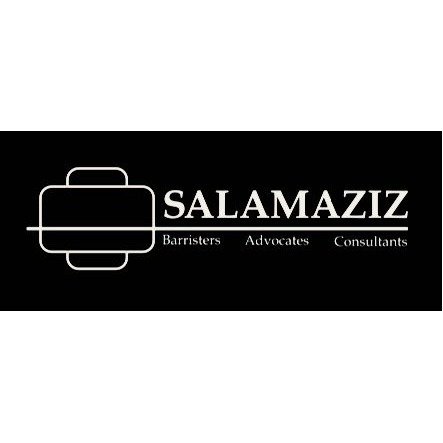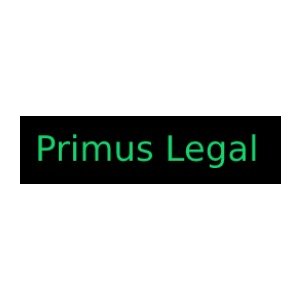Best Mining Law Lawyers in Dhaka
Share your needs with us, get contacted by law firms.
Free. Takes 2 min.
List of the best lawyers in Dhaka, Bangladesh
About Mining Law in Dhaka, Bangladesh
Mining law in Dhaka, Bangladesh is a specialized area of law that governs the exploration, extraction, and management of mineral resources within the country. This field of law outlines the rights, responsibilities, and regulatory requirements for individuals, businesses, and government entities involved in mining activities. The main objective of mining law is to ensure proper resource management, environmental protection, safety standards, and fair economic contribution through the responsible extraction of minerals.
Why You May Need a Lawyer
Legal assistance in mining law is often essential due to the complex nature of facilitating mining operations in Bangladesh. Common situations where you may require a mining law lawyer include:
- Securing prospecting or mining licenses and permits from authorities
- Drafting or reviewing contracts related to joint-ventures, land use, or mineral rights
- Navigating property disputes connected to mining sites
- Ensuring compliance with environmental regulations and obtaining necessary clearances
- Managing regulatory investigations, inspections, and potential violations
- Resolving disputes with government agencies, contractors, or local communities
- Assistance with corporate structuring for mining ventures and foreign investment regulations
- Understanding and planning for taxes and royalties applicable to mining operations
- Representing interests in litigation or arbitration concerning mining activities
- Guidance on closures, rehabilitation, and site restoration after mining
Local Laws Overview
The mining sector in Dhaka, and Bangladesh in general, is primarily regulated by a set of statutes and rules. Key aspects include:
- The Mines and Minerals Rules 2012 (and subsequent amendments): These rules govern licensing, lease acquisition, exploration, and operational compliance in the mining sector. They detail the process for applying for exploration or mining leases, obligations on leaseholders, and procedures for renewal or cancellation.
- Bangladesh Mines, Oilfields and Mineral Resources (Control) Act, 1948: This foundational law permits the government to control the development of mines and mineral resources to safeguard against misuse or unsafe practices.
- Environmental Conservation Act 1995 and related rules: These require environmental impact assessments (EIA) and environmental clearances before any mining activities can commence.
- Other applicable labor, safety, and land acquisition laws: Mining entities must also comply with occupational safety standards, labor rights, and land acquisition frameworks to ensure lawful and ethical operations.
Local authorities such as the Bureau of Mineral Development (BMD) and the Department of Environment (DoE) have significant oversight, and mining activities within Dhaka are subject to particular scrutiny due to high population density and environmental concerns.
Frequently Asked Questions
What minerals can be legally extracted in Dhaka, Bangladesh?
Bangladesh permits the extraction of various minerals including coal, hard rock, natural gas, kaolin, limestone, and sand. Extraction of these resources must adhere to government regulations and licensing requirements.
What permits are required to start mining in Dhaka?
Anyone interested in mining must obtain either a prospecting license or a mining lease from the Bureau of Mineral Development. Environmental clearance from the Department of Environment is also mandatory before commencing operations.
Can foreign companies participate in mining in Bangladesh?
Yes, Bangladesh allows foreign investment in mining as long as companies comply with relevant local laws, obtain necessary licenses, and adhere to restrictions on ownership and export of extracted materials.
How long does it take to secure a mining license?
The timeline varies depending on the complexity of the application, the nature of the mineral, and compliance with regulatory requirements. Processing typically takes several months due to thorough scrutiny from different authorities.
Are there environmental restrictions on mining operations?
Yes, all mining activities must comply with the Environmental Conservation Act. An environmental impact assessment (EIA) and corresponding approvals are mandatory before undertaking any mining project.
How are local communities affected by mining activities?
Mining projects must address the rights and interests of local communities, often requiring stakeholder consultations, fair compensation for land acquisition, and measures to prevent environmental or health hazards.
What taxes and royalties are applicable to mining?
Mining entities are subject to specific taxes and royalties, depending on the volume and type of mineral extracted. The rates are prescribed by the government and can change periodically.
What happens if a miner violates mining laws?
Violations can result in fines, suspension, or cancellation of licenses, and in severe cases, criminal prosecution. Regular inspections and audits are conducted to ensure compliance.
Can mining licenses be transferred or inherited?
Mining licenses and leases are generally non-transferable without express approval from the relevant authority. Inheriting or transferring interests often requires fulfilling legal procedures and getting official consent.
What is the role of local authorities in mining oversight?
Bureau of Mineral Development and Department of Environment regulate and monitor mining activities, granting permissions, conducting inspections, enforcing legal standards, and investigating non-compliance within Dhaka and across Bangladesh.
Additional Resources
Several governmental bodies and organizations provide information and support for people needing advice on mining law in Dhaka:
- Bureau of Mineral Development (BMD) - The main body for mining licensing and regulation.
- Department of Environment (DoE) - Responsible for environmental approvals and monitoring for mining projects.
- Geological Survey of Bangladesh (GSB) - Provides information on mineral resources and geological data.
- Bangladesh Environmental Lawyers Association (BELA) - Offers support and advocacy on environmental issues including those related to mining.
- Bangladesh Bar Council - For finding qualified legal practitioners specializing in mining and environmental law.
Next Steps
If you think you need legal assistance with mining law issues in Dhaka, consider taking the following steps:
- Clearly identify your specific issue or concern, such as licensing questions, disputes, or compliance matters.
- Gather all relevant documentation, such as existing licenses, contracts, correspondence, or notices received from authorities.
- Contact a qualified lawyer who specializes in mining or environmental law in Bangladesh. You can search through professional bodies like the Bangladesh Bar Council or seek recommendations from industry associations.
- Prepare a detailed summary of your situation to help your lawyer understand your needs efficiently.
- Follow your lawyer's advice on compliance, dispute resolution, or further legal action as necessary.
Because mining law is complex and subject to frequent regulatory changes, timely legal guidance is essential for successful, lawful operations and for addressing any disputes. Early consultation with an experienced professional is highly recommended if you are considering or currently engaged in mining activities in Dhaka, Bangladesh.
Lawzana helps you find the best lawyers and law firms in Dhaka through a curated and pre-screened list of qualified legal professionals. Our platform offers rankings and detailed profiles of attorneys and law firms, allowing you to compare based on practice areas, including Mining Law, experience, and client feedback.
Each profile includes a description of the firm's areas of practice, client reviews, team members and partners, year of establishment, spoken languages, office locations, contact information, social media presence, and any published articles or resources. Most firms on our platform speak English and are experienced in both local and international legal matters.
Get a quote from top-rated law firms in Dhaka, Bangladesh — quickly, securely, and without unnecessary hassle.
Disclaimer:
The information provided on this page is for general informational purposes only and does not constitute legal advice. While we strive to ensure the accuracy and relevance of the content, legal information may change over time, and interpretations of the law can vary. You should always consult with a qualified legal professional for advice specific to your situation.
We disclaim all liability for actions taken or not taken based on the content of this page. If you believe any information is incorrect or outdated, please contact us, and we will review and update it where appropriate.




